
Google is retiring Privacy Sandbox
Privacy Sandbox was Google’s vision for replacing third-party cookies, but now the company is giving up and moving on from the idea. First launched six years ago, Privacy Sandbox suffered with low-adoption, and Google has gradually snuffed out various technologies relating to the system. Now it has taken things further.
Google says that “after evaluating ecosystem feedback about their expected value and in light of their low levels of adoption”, it has taken the decision to retire more Privacy Sandbox technologies. But this does not really paint a true picture of what is happening.
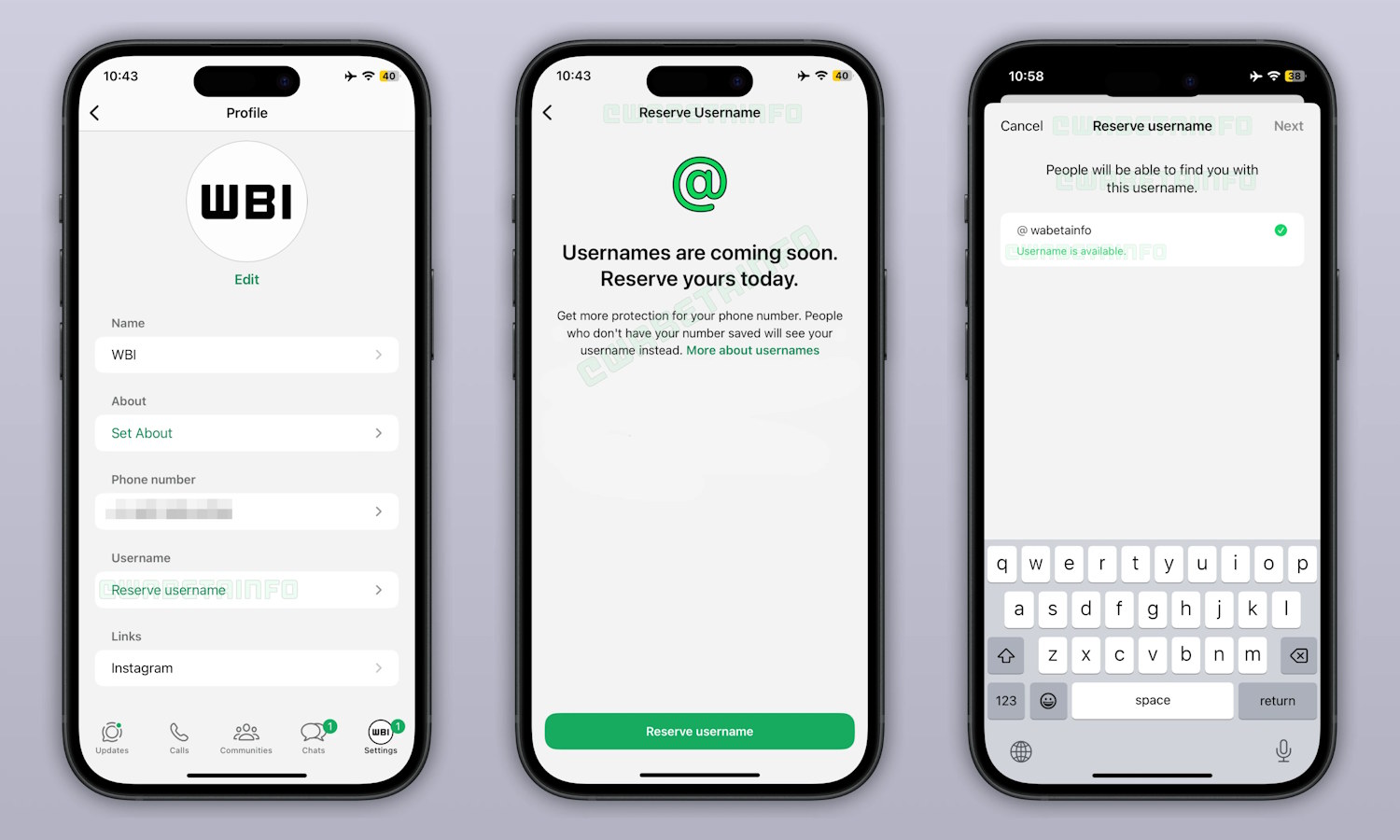
Get ready to reserve your WhatsApp username
It has been known for a little while that Meta has been working on a username system for WhatsApp. The popular messaging app is slightly unusual in not offering people a way to choose a username, but this is going to change at some point in the future.
Recent beta builds of the iOS and Android apps show that work is gathering paced, and the most recent development is a username reservation system. This will serve as a way for users to try to pre-select their preferred username even before the username system rolls out to everyone.

Google steps up the fight against scams with new tools and more education
Scams and fraud are an ever present threat on the internet and the rise of AI means that they’re getting harder to spot with the old giveaways of bad grammar and dodgy attachments largely eliminated.
Google is announcing a range of new tools and initiatives to help people remain safe online. These include improved app features, new account recovery tools and better education and awareness programs.
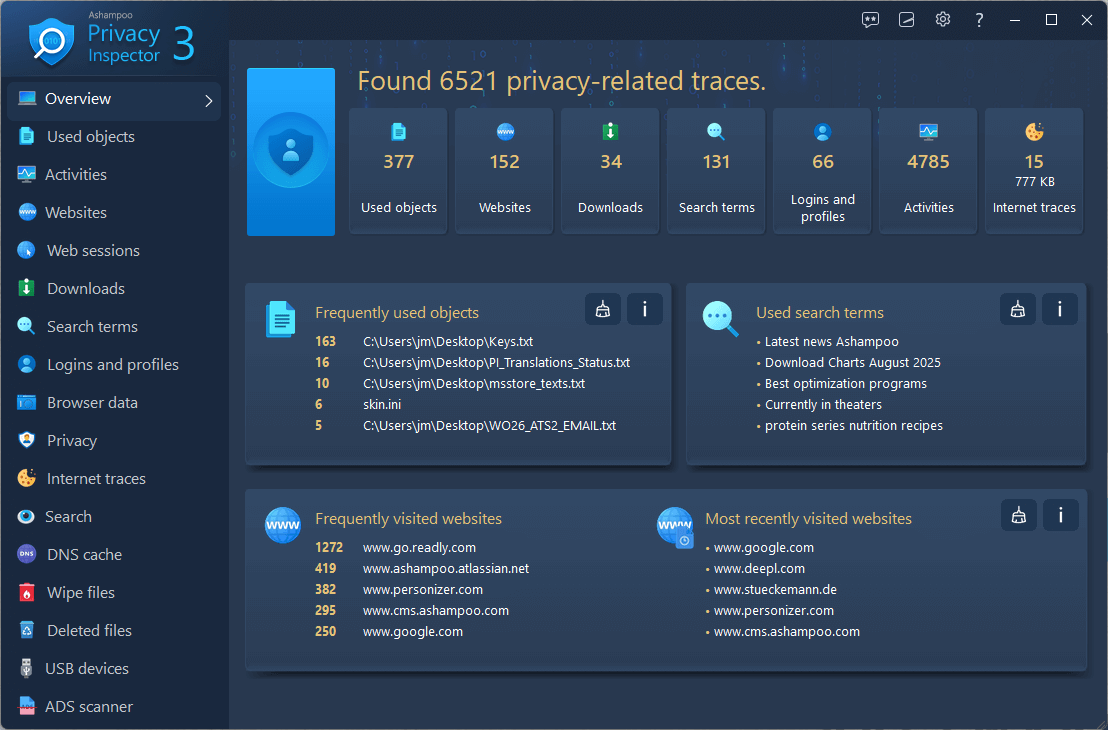
Your PC is spying on you and Ashampoo Privacy Inspector 3 has the evidence
Ashampoo has released Privacy Inspector 3, a new version of its Windows privacy management software. The latest release gives users more transparency about what data their systems store, as well as how activity logs, device histories, and hidden files could leak personal information.
Privacy on Windows is a big concern for a lot of users as the OS and related applications gather information in order to improve functionality and deliver personalized experiences (as well as serving up personalized ads).

Parents worry about children falling for online scams but fail to monitor usage
A new study of over 1,000 US parents with children at home between the ages of two and 20 finds that 35 percent of families have experienced a phishing scam via text, email or chat, and 25 percent have had a game or social media account hacked.
The report from Bitwarden finds that children as young as three to five are already using the internet, and 42 percent of parents in this age group say their child has unintentionally shared personal information. Nearly 80 percent of kids ages three to 12 have their own tablet, making device access nearly universal by early elementary school.
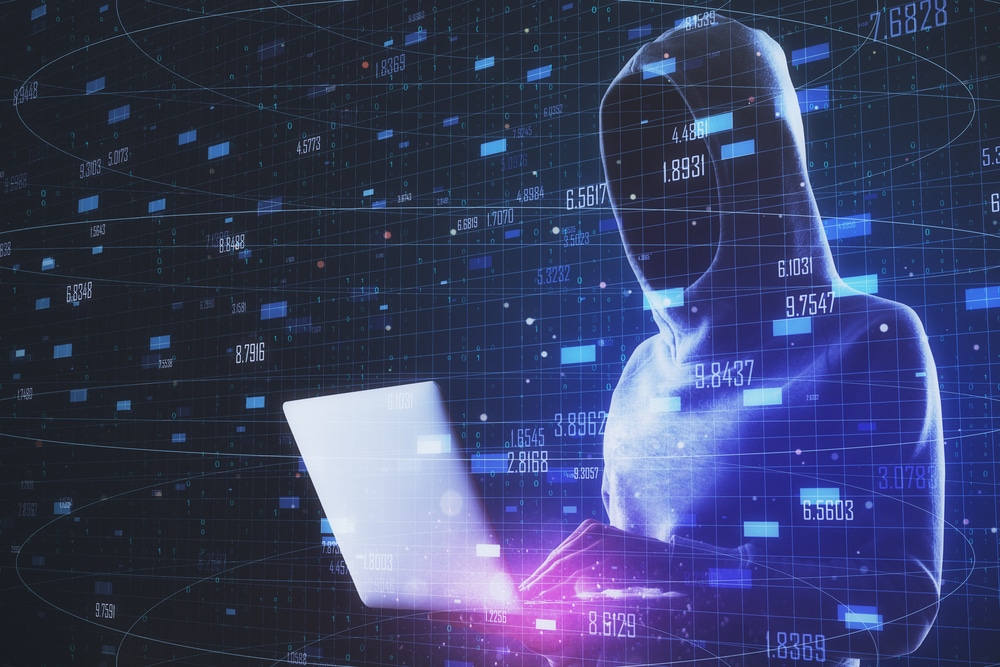
Organizations face more AI-powered fraud attacks but privacy tools make detection harder
A new study from fraud prevention specialist Fingerprint finds 41 percent of over 300 fraud and technology leaders surveyed say their organizations are already facing AI-powered attacks.
These sophisticated threats, which range from generative AI phishing schemes to automated bot attacks, are creating a significant operational crisis. According to the report, 93 percent of fraud teams have seen noticeable operational impacts, with 38 percent of organizations citing higher costs from manual review and triage as a top business concern.

One in four free mobile VPN apps fail privacy checks
Virtual Private Networks (VPNs) are trusted by millions to protect privacy, secure communications, and enable remote access on their mobile device. But what if the apps designed to safeguard your data are not secure?
Analysis by Zimperium zLabs of 800 free VPN apps for both Android and iOS reveals that the threat is real and widespread.

AI use increases alongside plummeting consumer trust
A new report from Ping Identity finds that 68 percent of consumers are now using AI, up from 41 percent a year ago. But at the same time fewer than one in five (17 percent) say they have ‘full trust’ in the organizations that manage their identity data.
The findings of the study, carried out by Talker Research which interviewed 10,500 consumers across 11 countries, show that 75 percent say they are more concerned about personal data security than five years ago. In addition 39 percent cite AI-driven phishing as the modern scam that concerns them most.
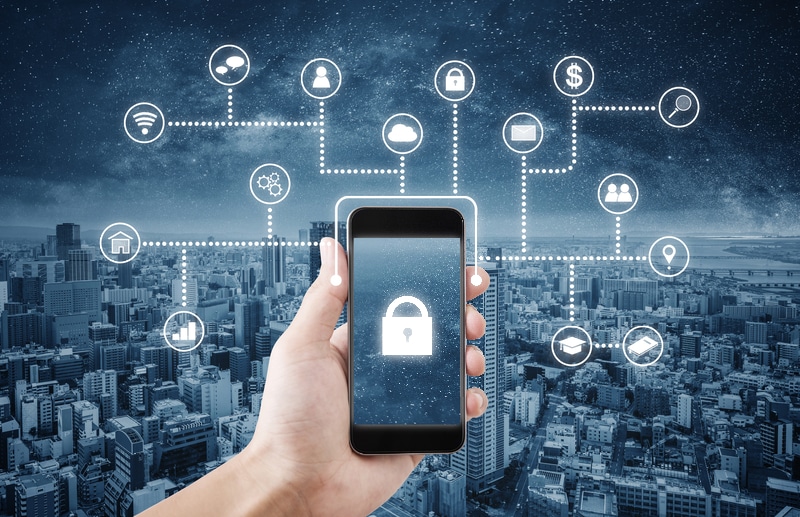
Mobile apps expose sensitive data and create privacy risks
New research from NowSecure tested 50,000 mobile apps in August and finds over 77 percent contain common forms of PII.
It’s well known that the vast majority of mobile apps are built using third-party components like SDKs. The study finds that 98 percent of iOS apps have incomplete privacy manifests due to omissions relating to third-party components, violating Apple transparency requirements and creating major blind spots.

The social media apps harvesting your data for AI
We all know that data is a valuable commodity, whether it’s to build marketing profiles or target advertising. Increasingly it’s also being used to train AI models, but do you know what the sites you use are doing with your information?
Data privacy and removal company Incogni has released its Social Media Privacy Ranking 2025 report, which ranks major social media platforms on user privacy, compliance, and overall data protection practices.
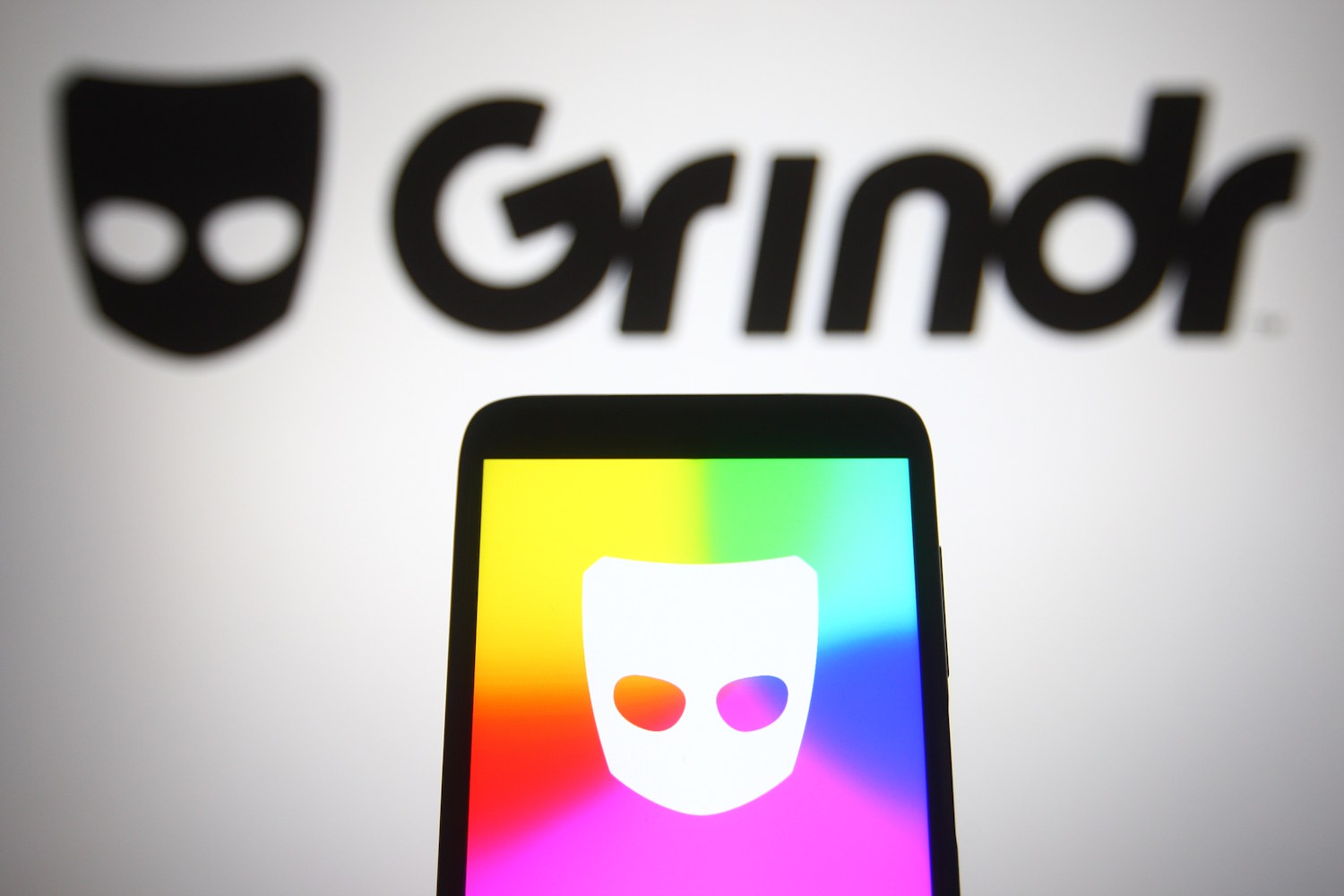
Grindr forces its own brand of AI on angry users
Having announced plans earlier this year to become an “AI native” company, Grindr has caused ire by introducing new gAI (its own artificial intelligence tech, pronounced “gay-I”) on an opt out basis.
Grindr users have been expressing anger in recent days as they encounter an in-app pop-up informing them that AI is now being used for a personalized experience. While it is possible to opt out of this – as many people want to do so – the company has been heavily criticized for not making this optional more accessible, and for opting everyone into using AI by default int the first place.
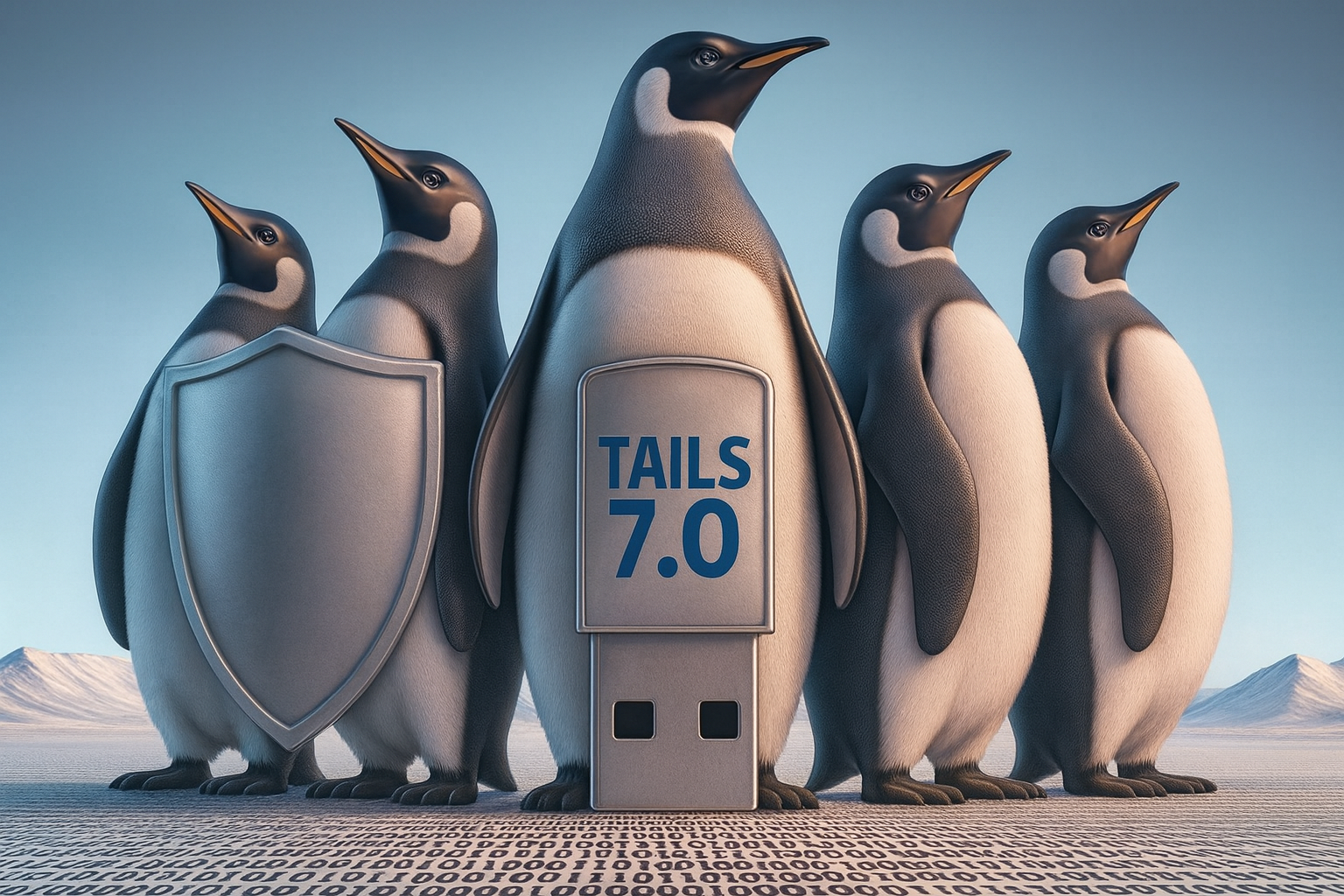
Tails 7.0, the privacy-focused Linux OS, arrives with Debian 13 and GNOME 48
Tails 7.0 has just arrived, offering a refreshed version of the privacy-focused operating system built on Debian 13 “Trixie” and GNOME 48 “Bengaluru.”
The OS is faster, core applications have been updated, and hardware support expanded, giving users who depend on Tails for anonymity additional tools and an overall nippier performance.

Google tests fingerprinting block to boost Chrome Incognito Mode privacy
Every web browser has a browsing mode designed to be more private; in Chrome, it is Incognito Mode. But while switching to this mode can help with improving privacy at a local level, it is not flawless when it comes to blocking external privacy invasions.
Tackling the problem of websites using invisible images to track visitors who have cookies disabled, Google is currently testing a new method of making Incognito Mode more secure and private.

64 percent back Online Safety Act but censorship worries persist
A new survey of 2,000 UK consumers shows that 64 percent agree the Online Safety Act protects children, with support higher among parents of young children and lower among ‘empty nest’ parents.
However, the data from verification and anti-fraud platform Sumsub also shows 48 percent concerned it will lead to censorship.

UK Online Safety Act leads to rise in searches for fake ID and dark web access
We know that the UK’s Online Safety Act has had a number of consequences including a surge in interest in the use of VPNs. But VPNs aren’t the only things that have seen greater interest.
New research from Comparitech shows more people are searching for fake IDs, how to access the dark web, and torrenting services. The company has recorded a 56 percent increase in impressions for blog posts related to the law and guides to using VPNs as a means of accessing restricted content.
